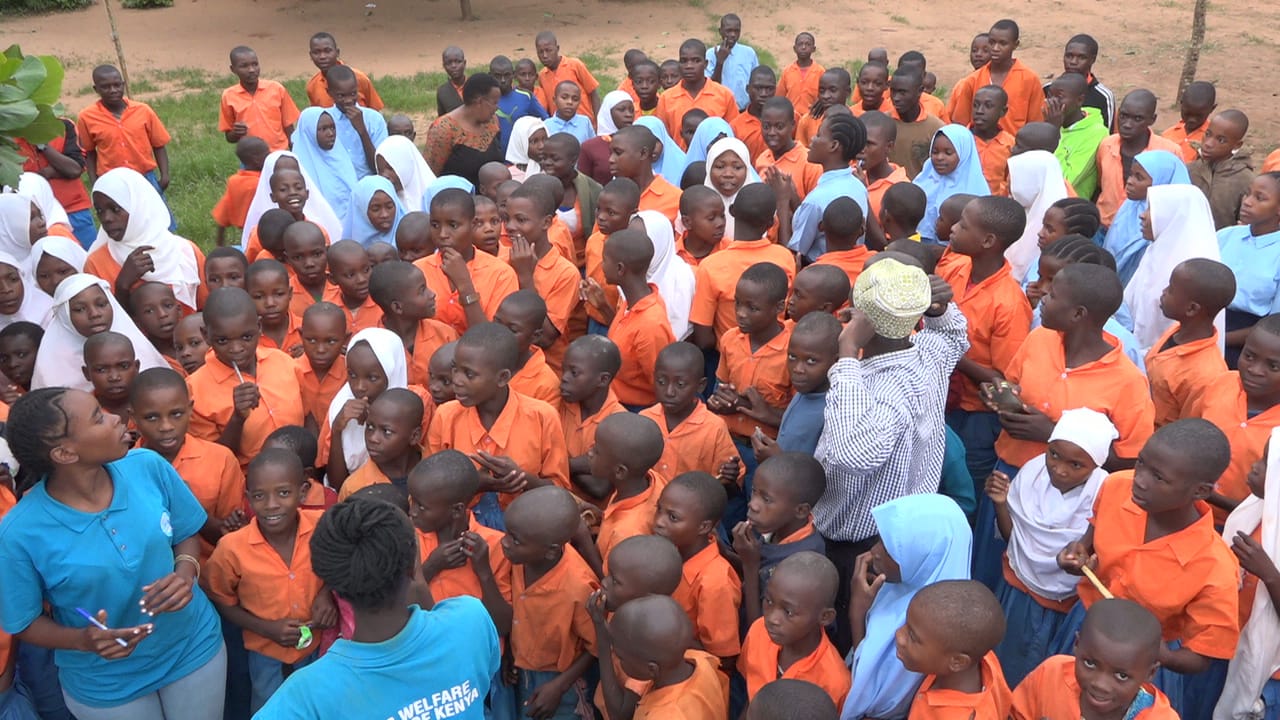By Margaret Kalekye
A daily lunch of boiled maize and beans is barely considered a decent meal, but for many vulnerable school-going children in drought-stricken counties, it is a means of survival.
Despite the improving drought situation in the hardest hit coastal counties of Kilifi and Kwale, learners continue to grapple with a hunger crisis that threatens to reverse gains made by the government in driving up enrolment and retention rates.
The onset of the short rains season in May was expected to ease the situation further but huge tracts of arable land are uncropped following fears of crop failure.
Although the vegetation cover has improved, the National Drought Management Authority warns of poor harvest and, as such, household food consumption will remain unstable.
Beneath the glitter of the breathtaking beauty of a greening landscape are awful tales of widespread food insecurity, starvation and soaring poverty levels.
The obtaining situation has sadly forced a good number of children to drop out of school to fend for themselves while those that remain have had to battle the distracting and disturbing facets of the crisis.
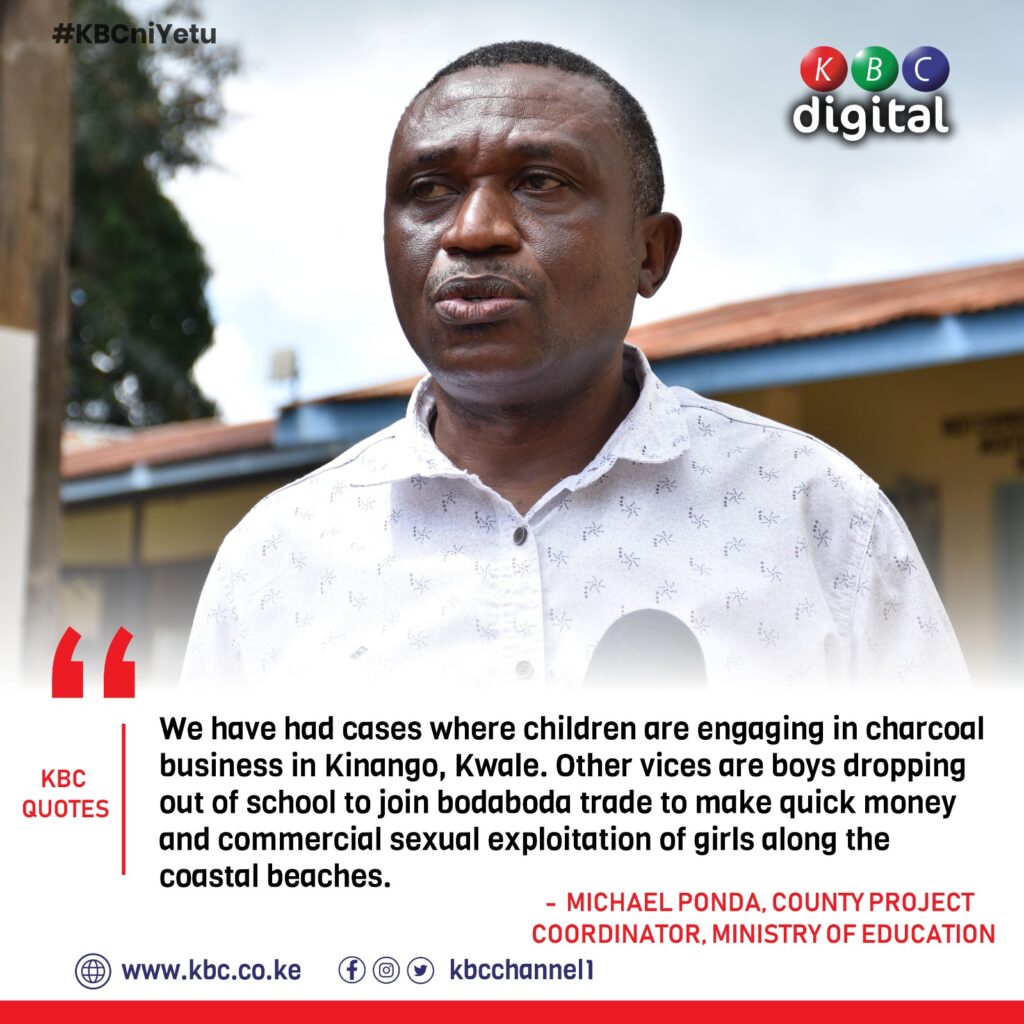
A visit to about 40 primary and secondary schools brings to the fore the raucous conditions learners endure in their quest to get an education.
From hunger, lack of water, constrained infrastructure, and shortage of teachers to dealing with raging human-wildlife conflict. Dropped attendance is alarming too.
School meals programme
Amid the prevailing situation, the Child Welfare Society of Kenya has for the last two weeks been traversing the two vast counties distributing food, stationaries and sanitary towels to the learning institutions identified by the Ministry of Education that don’t benefit from the government school meals programme.
The journey starts off at Burani girls high school which has 330 students. Principal Grace Manza expresses her sympathy for the girls who are not assured of a meal besides lack of material support and huge fee balances.
She says many suffer menstruation stigma and keep off classes due to lack of sanitary towels.
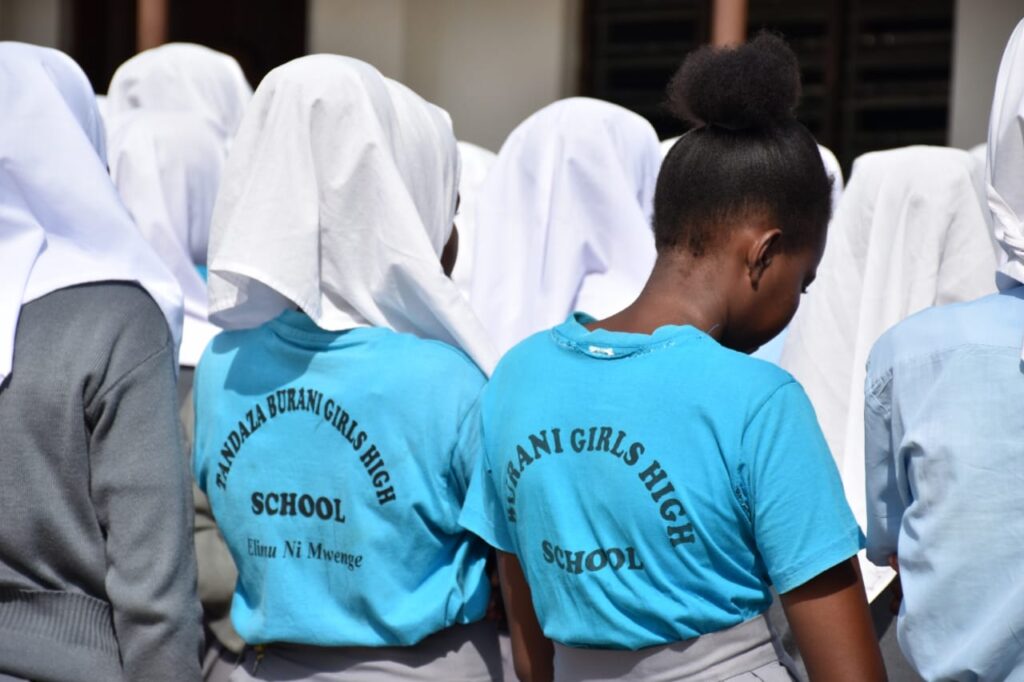
“We teachers are forced to contribute to buy pads but we cannot meet the demand. This has affected performance due to absenteeism. Most families are poor and have been affected by this drought making it difficult for them to provide meals for their children” she says.
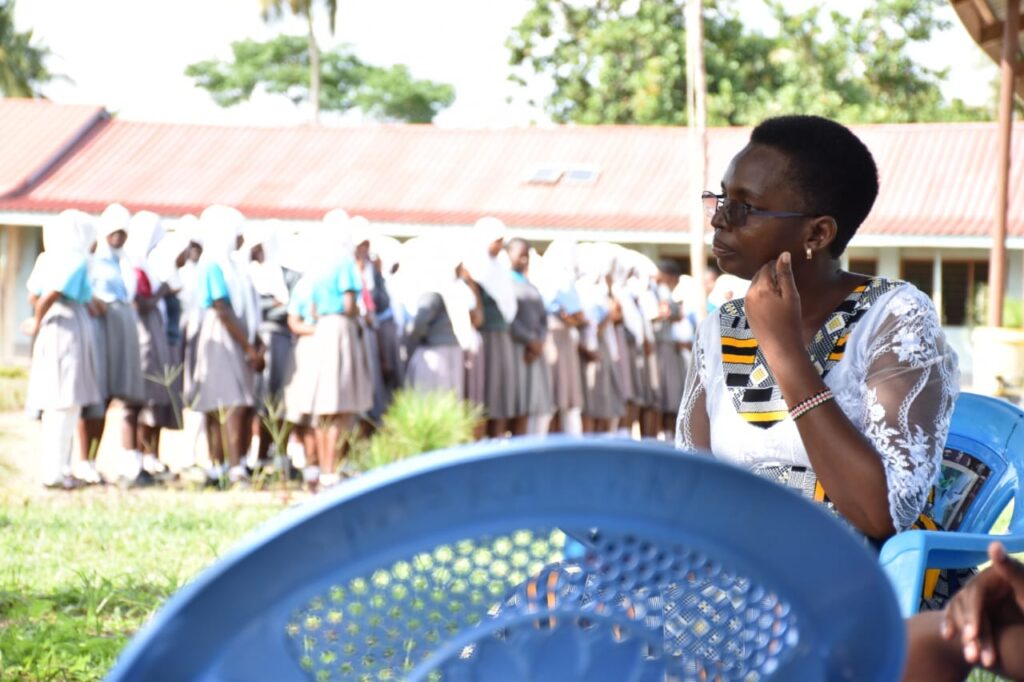
The script is the same in Bwiti primary school in Lunga Lunga Sub County. The arrival of trucks carrying food donations sends the learners into a frenzy.
The pupils break into song and dance venerating the state agency under the Ministry of Labour and social protection for showing up in the nick of time. The school should have a population of 642 but slightly more than half have showed up with the rest keeping off classes.
Bwiti settlement schemes are known for rice farming but the paddies have been destroyed by recent floods dashing hopes of a bumper harvest.
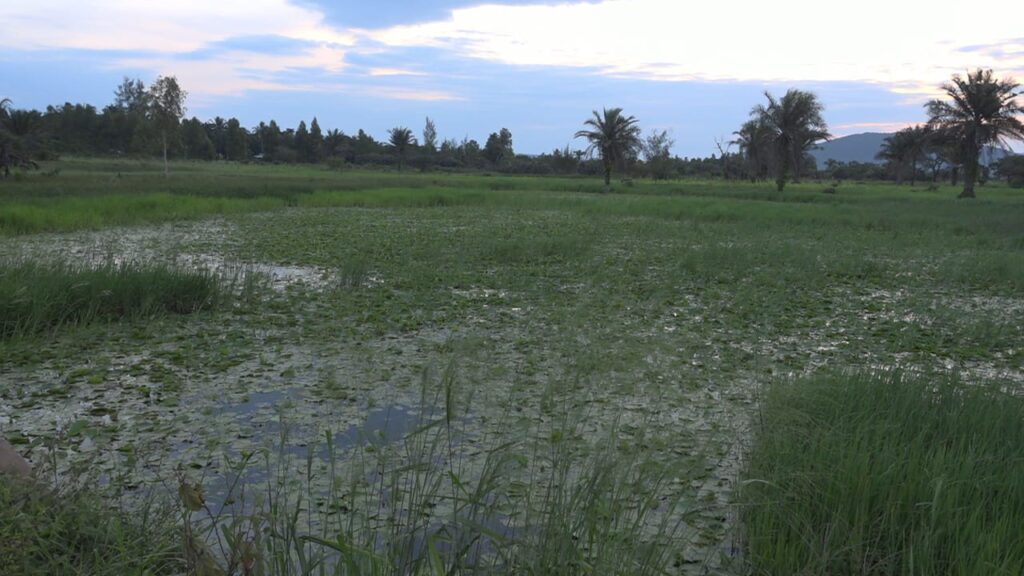
According to Shadrack Emmanuel, a candidate in class 8, majority of them go for days without food.
“For us in upper classes, we somehow manage to pull through even when concentration levels dip, but those in pre-primary cannot”.
“It’s worse for the menstruating girls who are the most affected. Parents can hardly afford Ksh 10 contribution towards the school meal,” he adds.
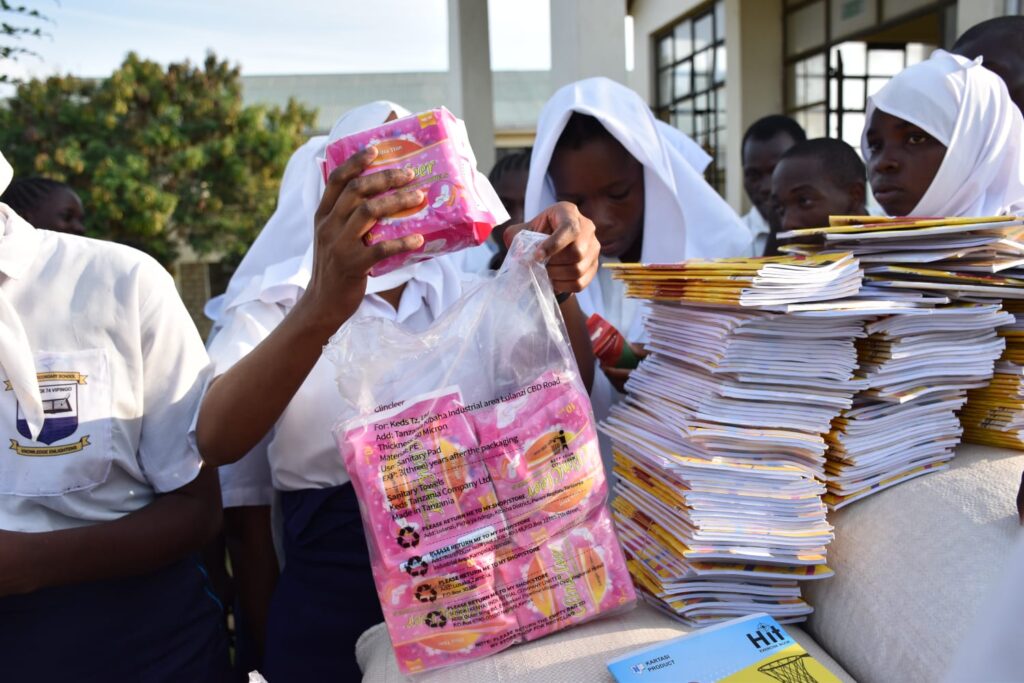
To aid the students, school head teacher Juma Yaa says teachers have formed a WhatsApp group where they often raise funds to purchase sanitary towels commonly known as ‘sodo’ in Swahili in efforts to tackle high cases of absenteeism.
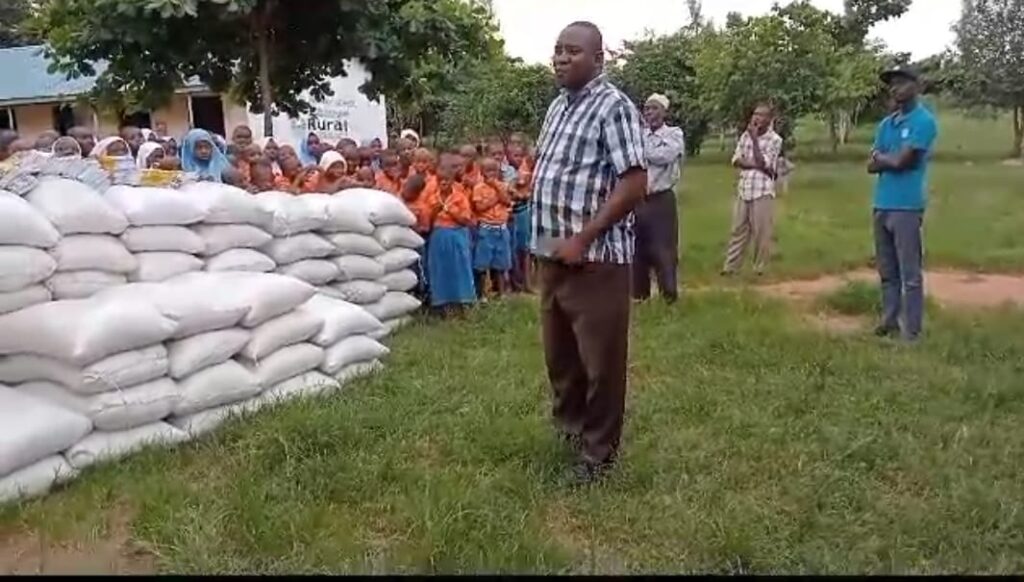
Next is Bidinimole school with 720 pupils, but hundreds of learners are keeping away. It’s break time and only those in kindergarten are enjoying a cup of porridge, courtesy of an initiative solely sponsored by a local politician.
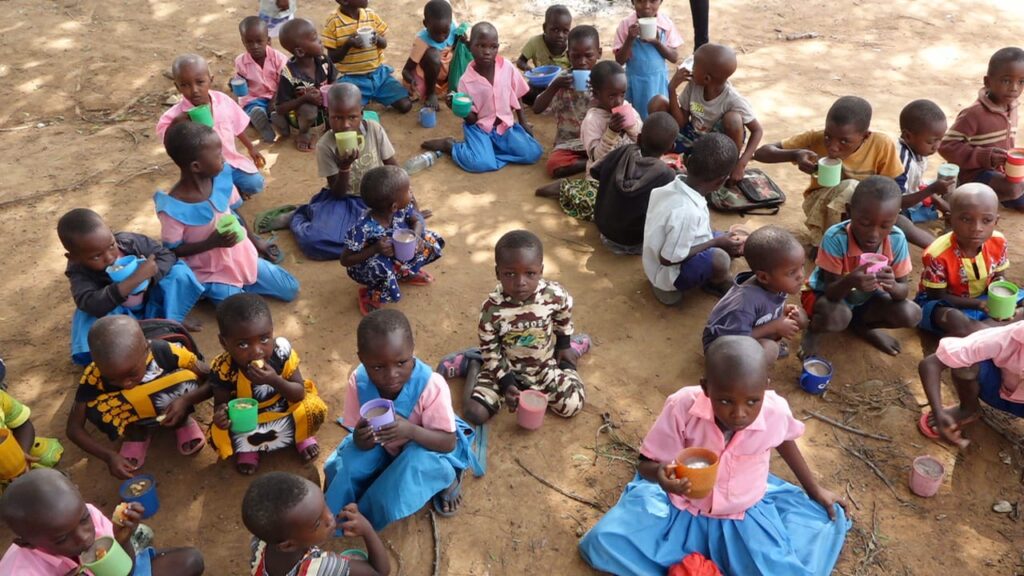
The burden of feeding the rest of the pupils is left to the struggling parents who should either feed them at home during lunchtime or prepare packed lunches for them. This rarely happens because of the current food crisis.
Our interaction with the children is interrupted by mothers who have thronged the school after getting wind of the free food distribution exercise.
Mkulungome, Bandu and Rima Rapera schools are in a sorry state with learners having to study under trees and dilapidated structures due to inadequate classrooms.
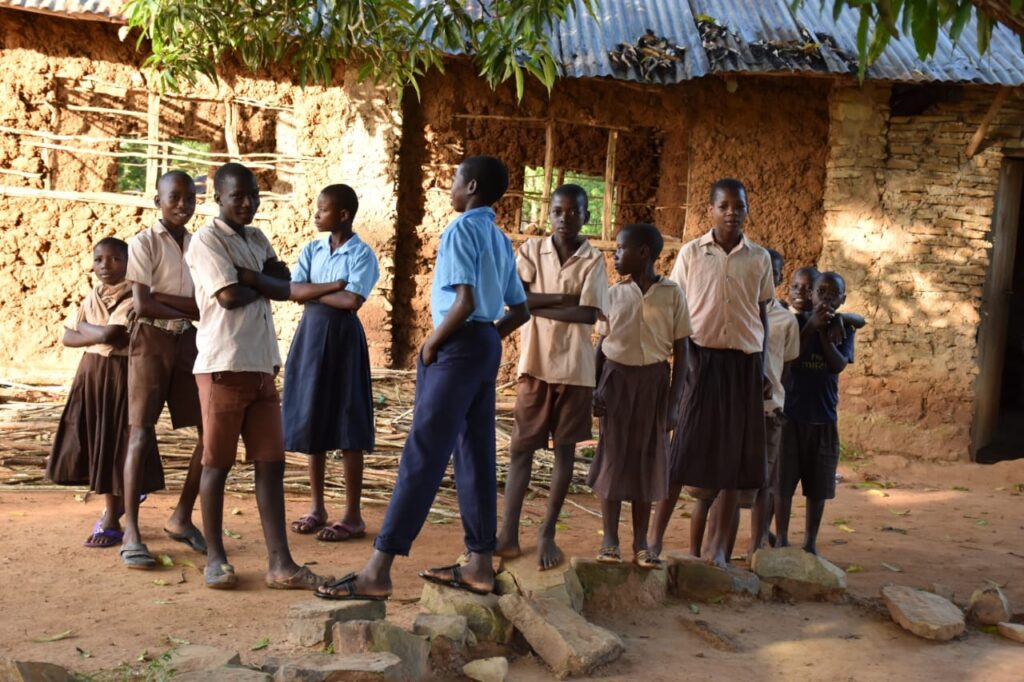
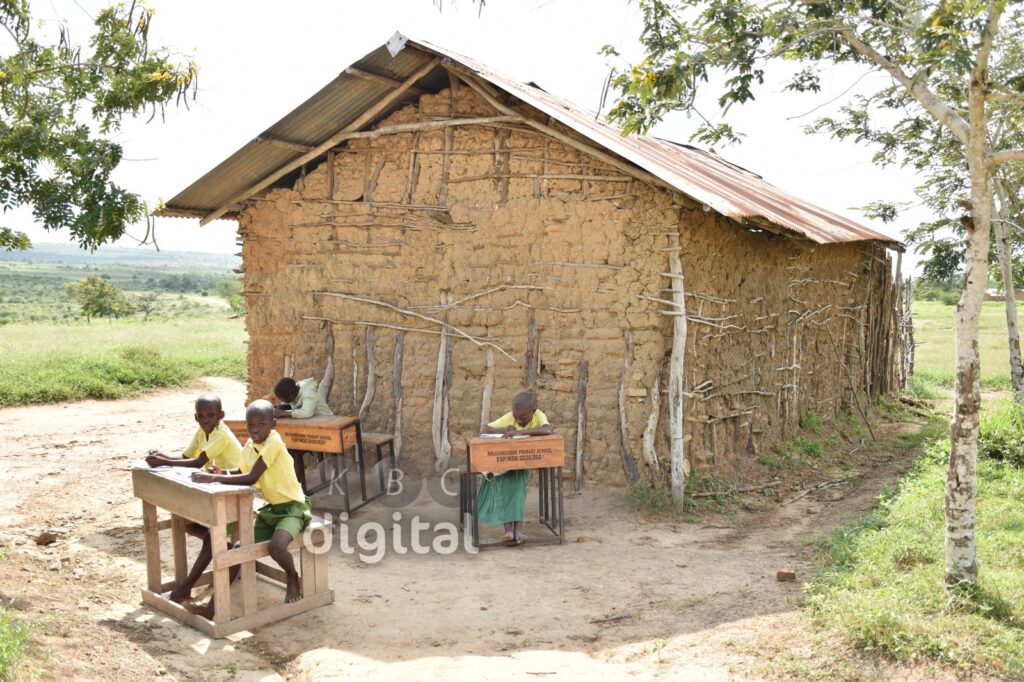
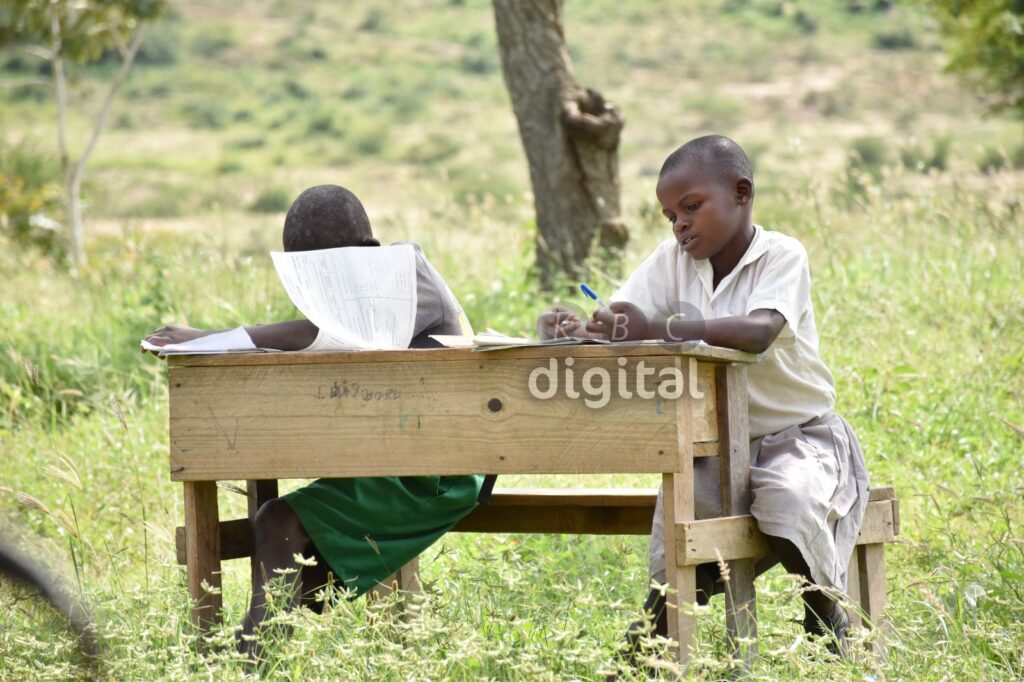
On the farthest end of the remote Ganze sub-county, is Jira Primary school located deep inside the deep Tsavo East National Park with seven teachers against a population of 648 pupils.
The Junior Secondary School with 84 learners has only one teacher, reveals Mlewa Dyeka, the head teacher who is still waiting on the employer Teachers Service Commission to post more tutors.
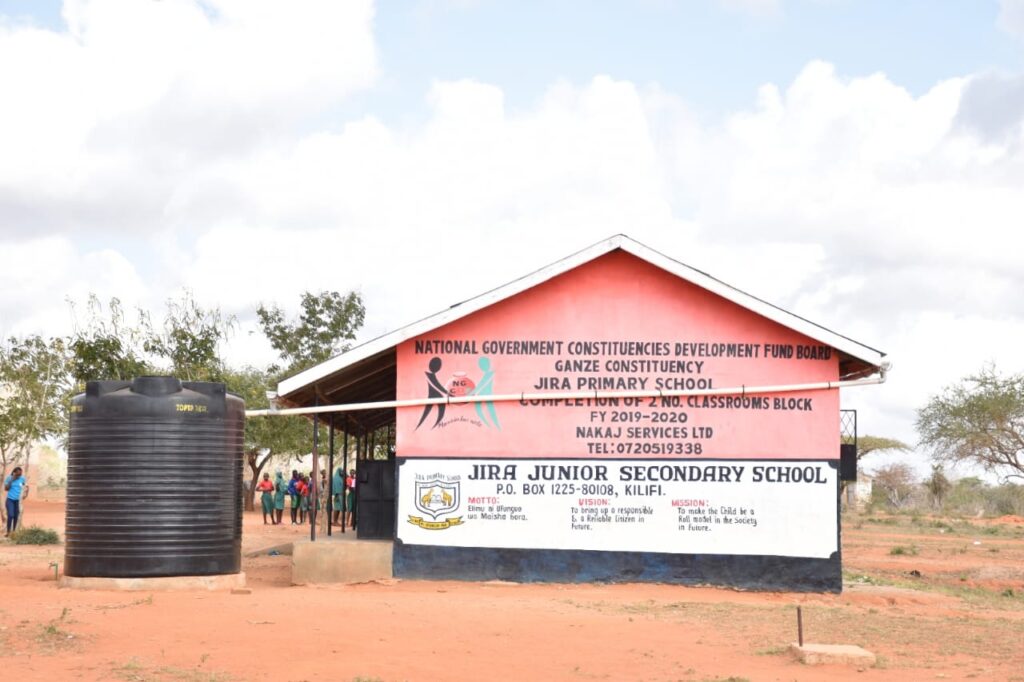
Besides this, the terror of wild animals especially elephants gives him sleepless nights.
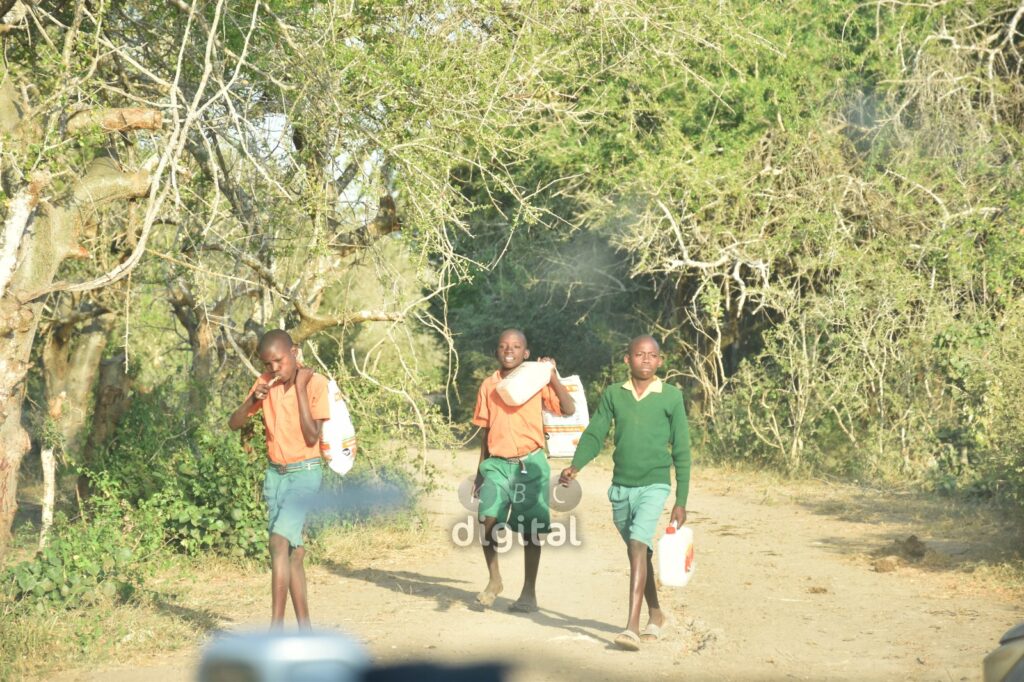
“Hunger notwithstanding, many of my pupils trek for as far as 15 kilometres and every day they encounter these jumbos, as a result classes start late and end early. The menace has adversely affected studies. We are helpless” he says.
The head teacher says some parents have been forced to withdraw their children from school due to threat posed by the wild animals.
“I am forced to spend a whole in school waiting for classes to end to walk my children back home. Their safety is paramount but I end up wasting valuable time that I can utilize to make some income,” a parent laments.
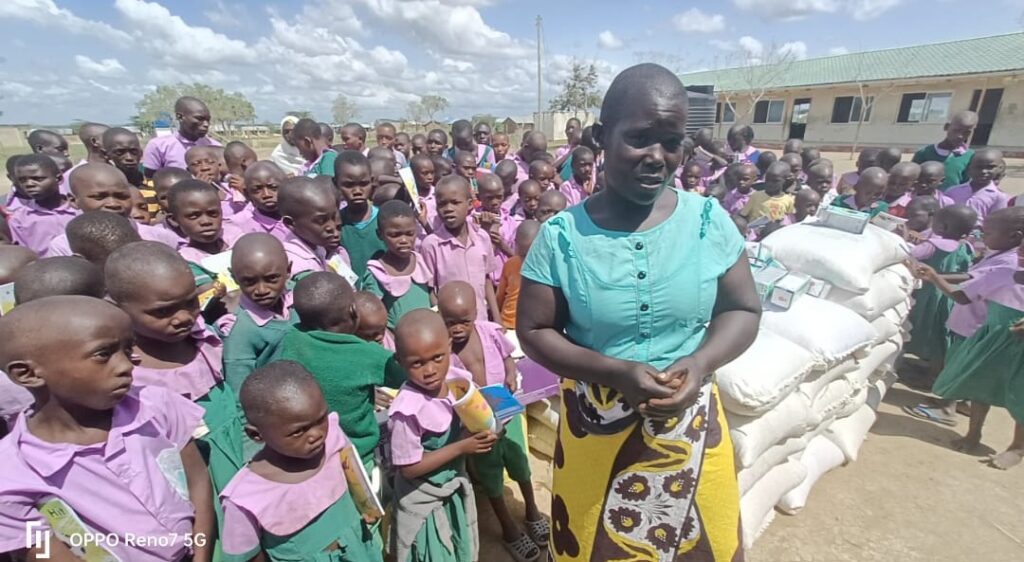
It’s a nightmare and this reality dawned on us as we spotted a jumbo darting away through the dense bush nearby.
The area MP Kenneth Kazungu decries the invasion of farms.

Local leaders, parents and teachers have made an impassioned plea to be considered for schools’ meals programme now that the government has doubled funding for the initiative to Ksh 5 billion.
Child Welfare Society of Kenya
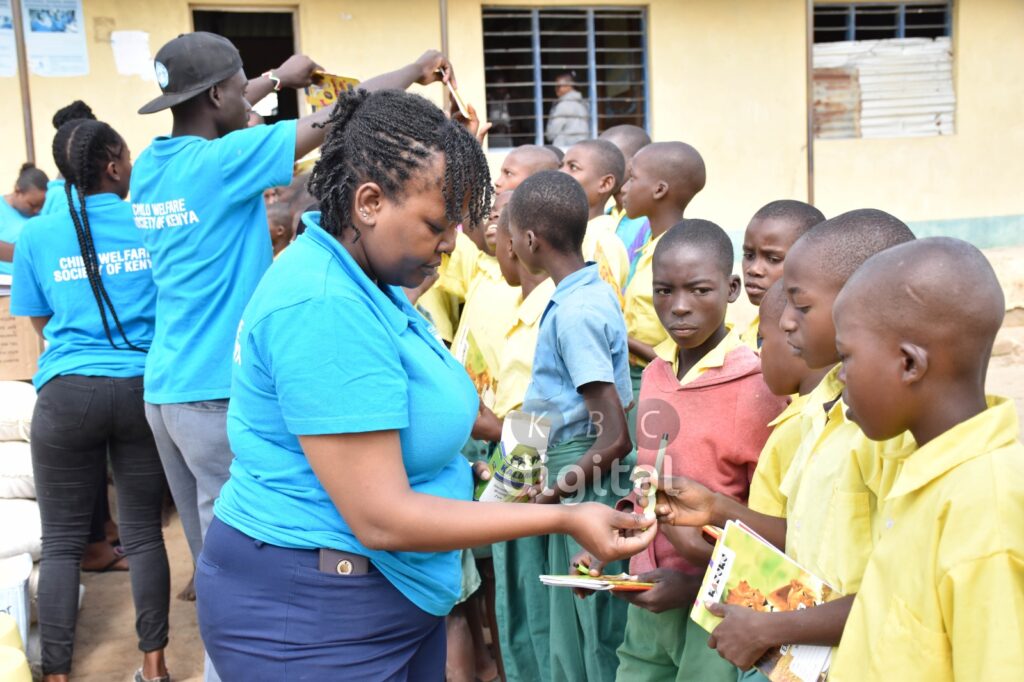
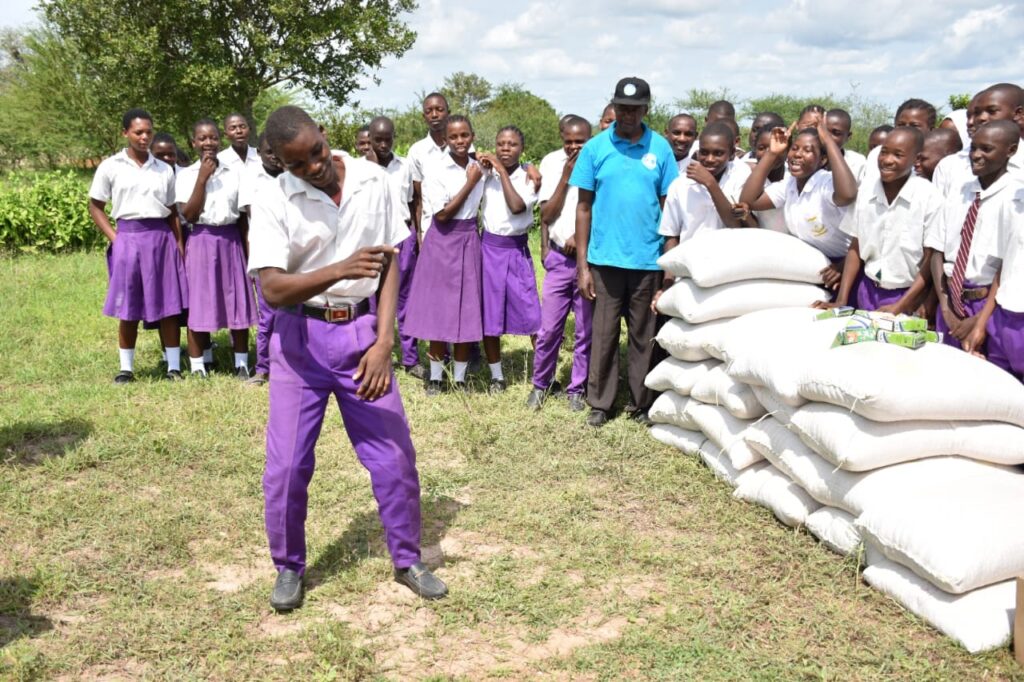 At least 21,444 learners have benefitted from psychosocial support from Child Welfare in a programme aimed at complementing government efforts to keep children in school.
At least 21,444 learners have benefitted from psychosocial support from Child Welfare in a programme aimed at complementing government efforts to keep children in school.
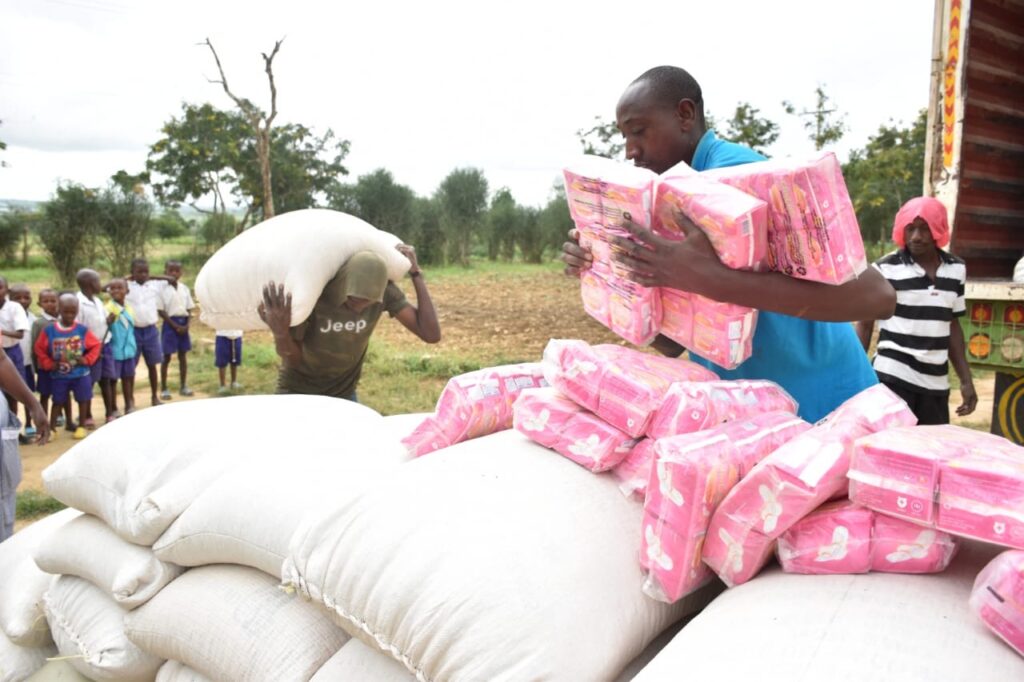
Through the Emergency Preparedness and Rapid Response, the agency has reached out to thousands adversely affected by drought.
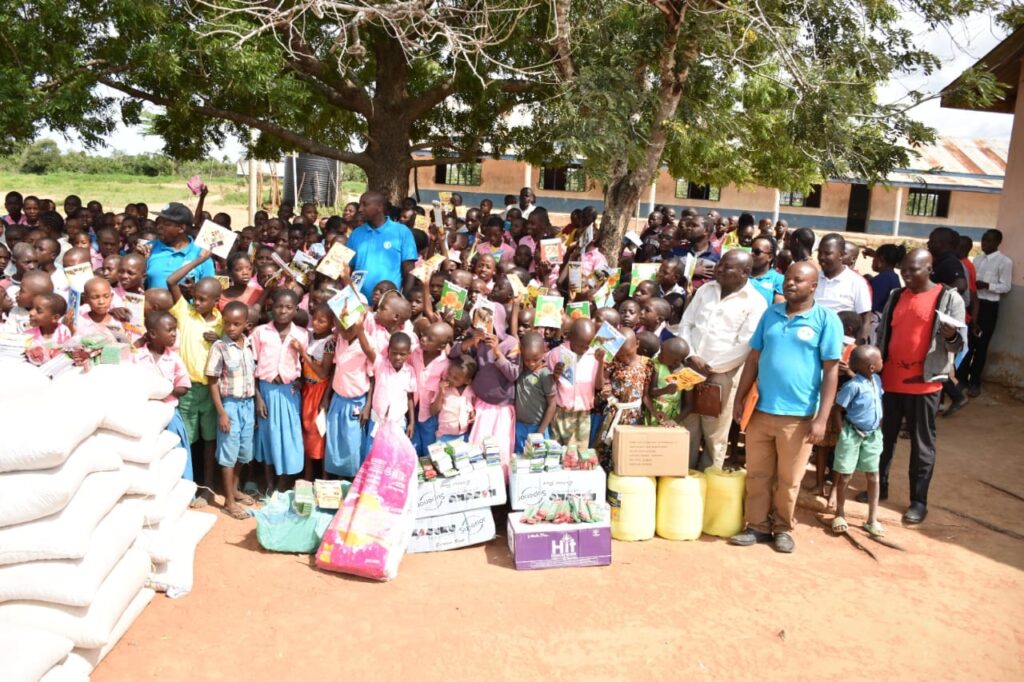
Besides enhancing child protection in emergencies, the programme involves the establishment of child-friendly spaces, provision of psychosocial support and identification, registration, tracing and reunification of separated and unaccompanied minors among others.
According to the organization, the programmes are tailored to meet the affirmative action necessary for children to access welfare services across the country.
Other programmes include; Advocacy; HIV/AIDS; Child adoption; Foster care for orphans and other vulnerable children; Child labour; Street children, rescue shelters; Vocational skills training; Child rights and community empowerment; Early childhood education; Primary, secondary and university education sponsorship.
PHOTOS BY Jackson Mnyamwezi
PHOTOS BY Jackson Mnyamwezi

